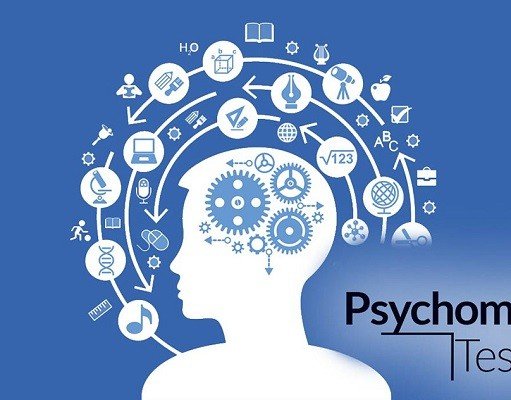Psychometric Test (IB-ACIO)

About Course
- B. Agree C. Strongly disagree D. Disagree E. Neutral Personality Traits Assessment:
- Emotional Stability Training: Techniques to stay calm and composed in stressful environments, develop resilience, and manage stress effectively.
- Integrity and Ethics: Learn the importance of honesty, ethical conduct, and responsibility, critical for maintaining confidentiality and national security.
- Adaptability Training: Build flexibility to handle dynamic situations, quick changes, and unpredictable challenges in intelligence operations.
- Teamwork and Leadership Skills: Develop both collaboration techniques for team scenarios and leadership qualities for managing missions.
- Situational Judgment Test (SJT) Practice:
- Real-world scenarios are used to test decision-making in challenging situations, focusing on balancing operational, legal, and ethical considerations.
- Emotional Intelligence Development:
- Build self-awareness, empathy, and interpersonal relationship skills to better manage emotions, understand others, and communicate effectively in sensitive environments.
- Risk Assessment and Decision-Making Training:
- Exercises to handle uncertainty, manage operational risks, and make high-stakes decisions effectively and efficiently under pressure.
- Memory and Information Retention:
- Memory-enhancing techniques aimed at improving retention of details, fast recall, and information connection, essential for intelligence work.
- Critical Thinking and Analytical Skills:
- Develop logical reasoning and analytical skills necessary to interpret data, assess threats, and devise operational strategies.
Course Content
Psychometric test
-
Test No. 01
Psychometric test -2
Psychometric test-3
Student Ratings & Reviews
Good
good one!!
It was a very good test.
good one
good quiz
Some questions were confusing at first.
For example when asked do you believe in following a path or take creative ideas.
It totally depends on the situation if the situation is critical it's important to follow the established path rather than applying creative ideas. But if we are working in a creative environment the creative ideas path is more important than the established path.
Similarly many questions were like depends on situation
For example when asked do you believe in following a path or take creative ideas.
It totally depends on the situation if the situation is critical it's important to follow the established path rather than applying creative ideas. But if we are working in a creative environment the creative ideas path is more important than the established path.
Similarly many questions were like depends on situation